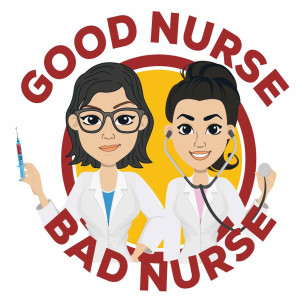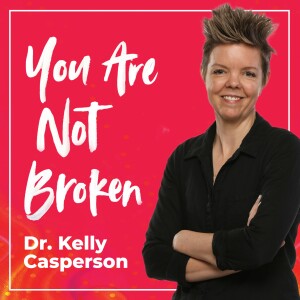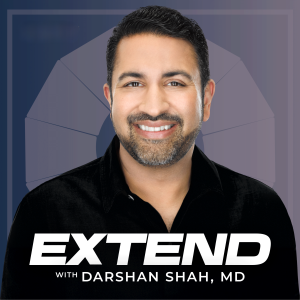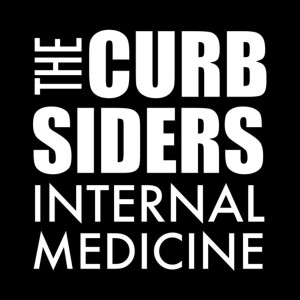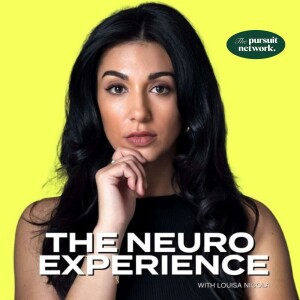

James McCormack discusses the Scottish Cardiovascular DES
In this episode, we discuss the Scottish Cardiovascular DES designed to reduce adverse cardiovascular events by tackling population-wide risk factors like high blood pressure, raised glucose and cholesterol. Professor James McCormack suggests a greater focus on shared decision making with patients, arguing that the common 10% risk threshold used to trigger treatment is an arbitrary figure that often fails to clearly define what the risk actually entails. He contends that most guidelines can overlook the individual. With years of experience of teaching how to explain and apply evidence, using humour, he advocates for a foundational shift toward a patient-centred model, where treatment decisions are made with patients, not for them.
The conversation explores how to put this philosophy into practice. Risk calculators such as ASSIGN and QRISK should not be used as diagnostic dictators, but as educational tools to start a conversation. He is highly critical of using terms like "pre-diabetes" or "high risk," which can cause patients to vastly overestimate their danger and create unnecessary anxiety. The solution is clear communication: using visual aids and explaining absolute benefits - for instance, a statin might change a 10% risk to 7 or 8% over a decade. By moving away from rigid protocols and chasing fluctuating measurements, clinicians can reduce patient fear, build trust through shared decision-making, and ultimately rediscover a more enjoyable and effective way to practice medicine.
National cardiovascular disease (CVD) prevention and risk factors toolkit
GP Evidence – fantastic site for GPs interested in shared decision making and using patient decision aids, created by Dr Julian Treadwell
Complete BS Medicine podcast list – includes the Contented Clinician podcast
ASSIGN v2 Cardiovascular calculator
PEER simplified Cardiovascular Decision Aid
NICE guidance on shared decision making
James McCormack YouTube videos
The Surrogate Battle - is lower always better?
You can subscribe to the SNUG podcast on the following platforms:
SNUG podcast on Apple podcasts SNUG podcast on Spotify
Any feedback or comments are welcome via email: alex.defranco@phs.scot www.snughealth.org.uk
More Episodes
All Episodes>>You may also like
Create Your Podcast In Minutes
- Full-featured podcast site
- Unlimited storage and bandwidth
- Comprehensive podcast stats
- Distribute to Apple Podcasts, Spotify, and more
- Make money with your podcast

